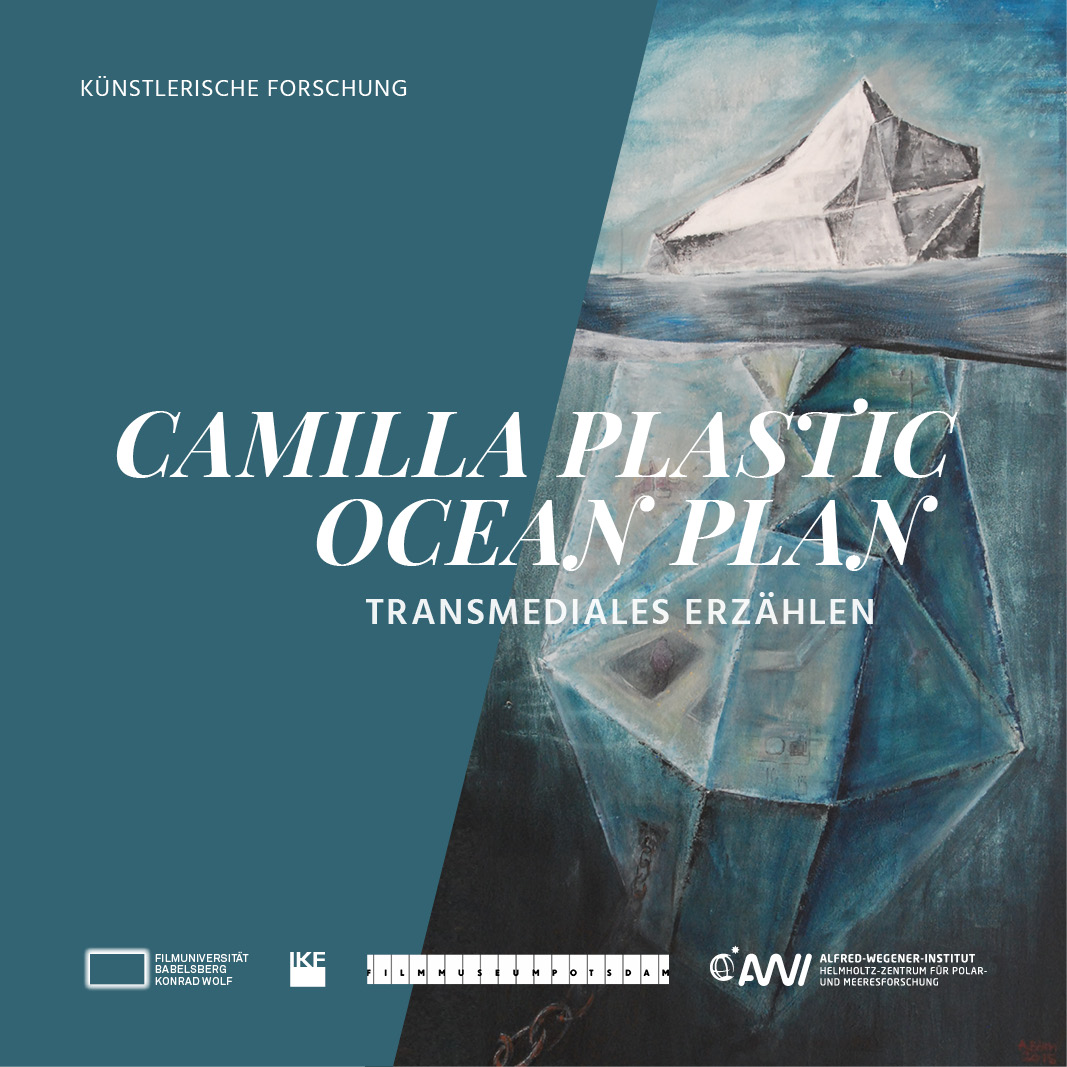In the Camilla Plastic Ocean Plan project, artistic research combines with scientific knowledge of marine biology to design solutions to the problem of plastic waste in the oceans.
The project uses playful means to seek new ways of thinking and to imagine positive scenarios. It introduces a vivid idea of paths that can be followed.
A courageous girl inventor and her nature-loving companion take on the challenge of plastic waste in the oceans. On their journey, they encounter the dire effects of the man-made material, but also succumb to its charms and benefits. It quickly becomes clear that a global resource alliance is needed to save the marine habitats, as well as a call to everyone to question the way they deal with plastic. Using playful means and artistic imagination, the project seeks new ways of thinking, makes utopias imaginable and provides a vivid idea of other ways of doing things in the world.
A team of artists, scientists, thinkers and practitioners is working on the project. It is led by Prof. Angelica Böhm and philosophically advised by Prof. Dr. Stefan Winter, both from Film University Babelsberg KONRAD WOLF. Scientific expertise is provided by the Alfred Wegener Institute, Helmholtz Centre for Polar and Marine Research, and the experts Dr. Lars Gutow (Bremerhaven) and adjunct Prof. Dr. Bernhard Diekmann (Potsdam). Close artistic collaborators include the author Liane Porthun and the 3D artist Jan Schneider.
With its interdisciplinary approach, the project brings artistic media into dialogue – in VR, film and video, model making and sculpture, drawing and painting, sound design and radio play, it explores transmedia spatial storytelling. Narratives, pictorial worlds, and scenarios are created in collaboration with the Alfred Wegener Institute, Helmholtz Centre for Polar and Marine Research.

